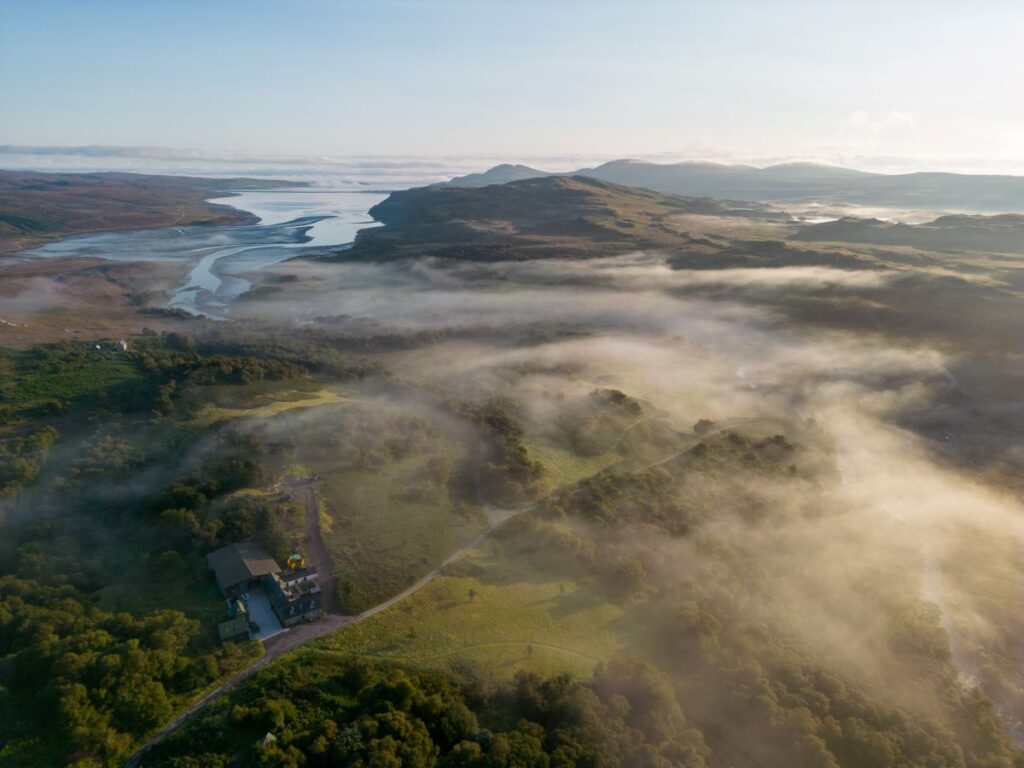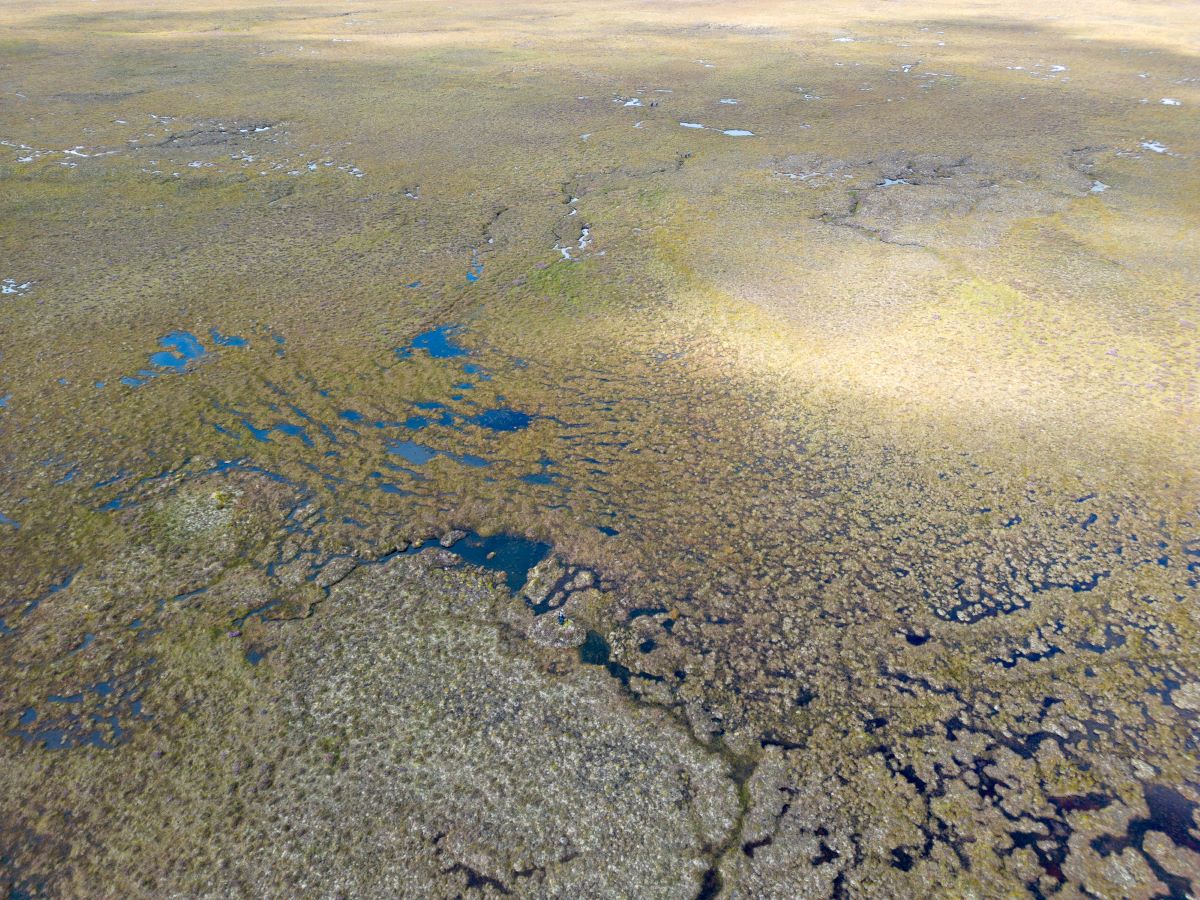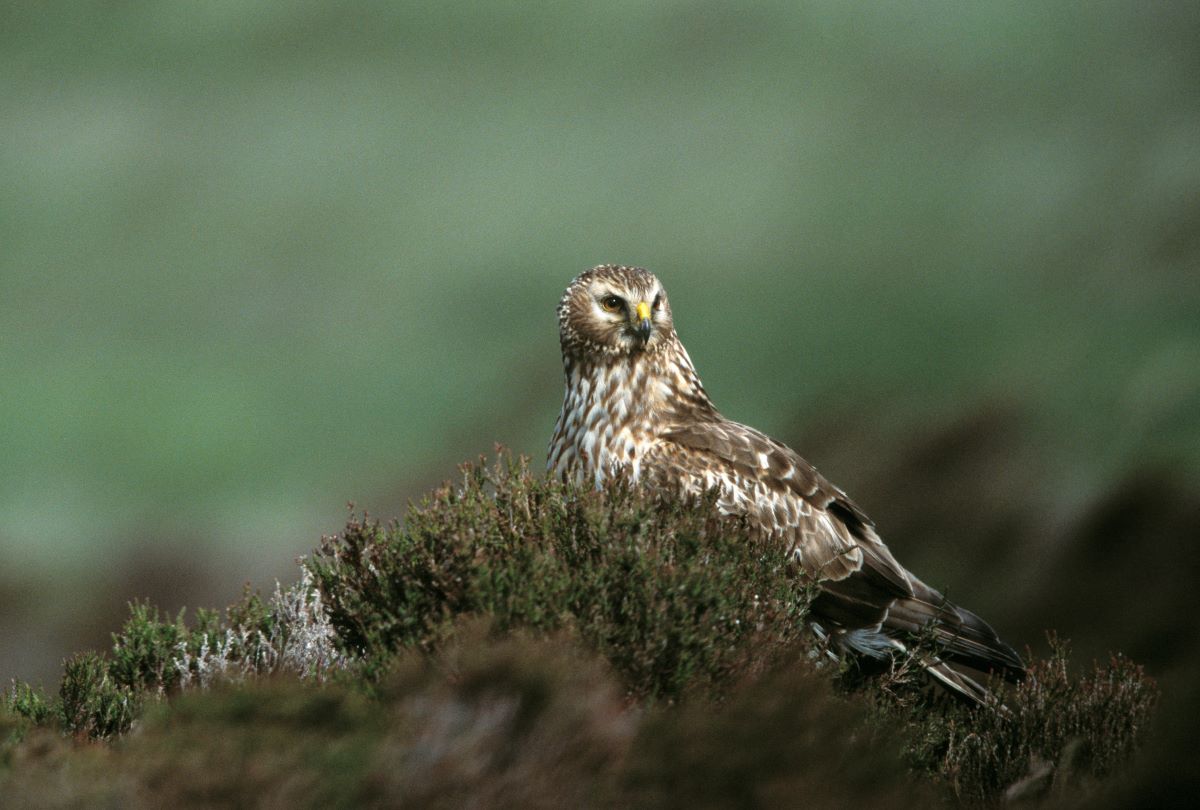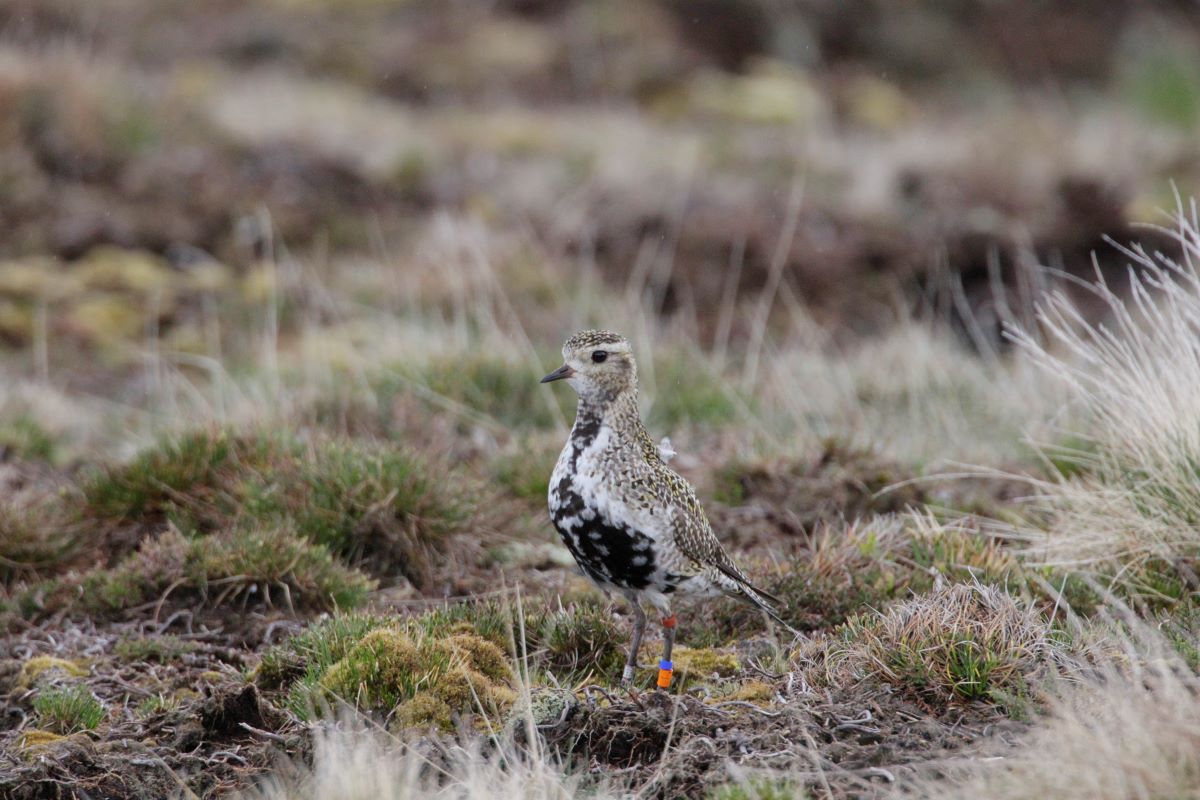
Scotland’s Flow Country secures Unesco World Heritage status
It’s a vast and unspoiled blanket bog that carpets the far north of Scotland.
But now The Flow Country has been made a world heritage site by Unesco, after a 40-year campaign by environmentalists.
The planet’s largest blanket bog, the Flow Country covers around 1,500 sq miles of Caithness and Sutherland, and stores approximately 400 million tonnes of carbon – more than all the UK’s forests and woodlands combined.
It is called blanket bog because it covers the landscape like a blanket and is a type of habitat that is globally rare, but one that is ideally suited to Scotland’s climate and maritime location.
The first peatland in the world to be designated by Unesco, it joins the Serengeti, the Galapagos Islands and the Great Barrier Reef in securing the prestigious status for its globally important nature.

Flow Country. Credit Sam Rose.
‘This is a hugely important moment for the Flow Country as well as the north of Scotland and the UK as a whole,’ Chair of the Flow Country World Heritage Project, Frances Gunn, said.
‘We have always known that UNESCO World Heritage Site inscription had the potential to create a wide spectrum of knock-on opportunities for people living and working in Caithness and Sutherland.
‘Making the most of these, alongside realisation of the Flow Country’s environmental and wellbeing value, is an absolute imperative going forward. This is an exciting opportunity for the region, putting it on the map globally.’
The area is home to a hugely complex and fragile ecosystem with a vast array of plants that act as an important defence against climate change.
The carbon stored by a 9,000-year accumulation of dead vegetation in the form of peat acts as a carbon sink.
It sequesters and stores carbon, preventing it being released into the atmosphere, helping to prevent further emissions, and is an internationally important place for wildlife, including upland breeding birds like red-throated diver, golden plover and greenshank.

Female Hen Harrier in the Flow Country. Credit RSPB

Golden Plover, one of the many birds native to the Flow Country. Credit RSPB
Graham Neville, who led the campaign to designate the site on behalf of NatureScot, the government conservation agency, said the decision was ‘momentous’.
‘World Heritage Site status will lead to greater understanding of the Flow Country and raise the profile of Scotland’s peatlands globally for their value as biodiverse habitats and important carbon sinks,’ he said.
‘It is wonderful recognition of the expert stewardship of farmers and crofters in maintaining this incredible ecosystem as a natural legacy for future generations.’
Read more Wildlife stories here.
Subscribe to read the latest issue of Scottish Field.
TAGS

